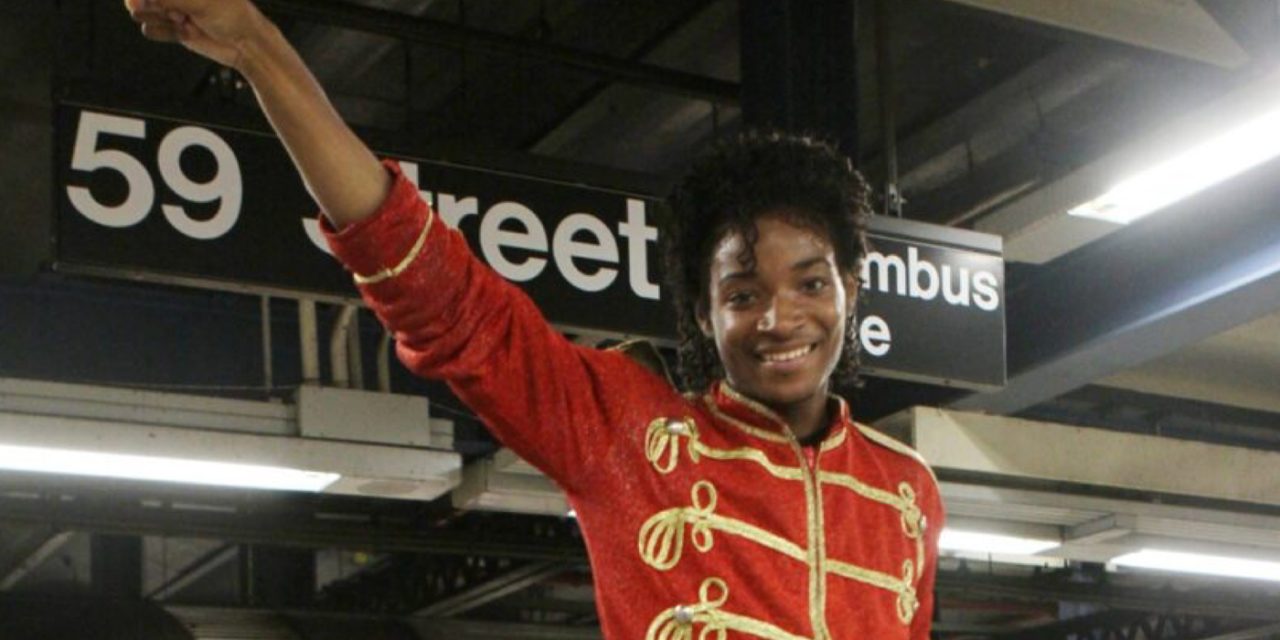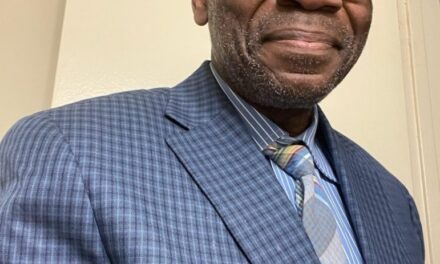By Joseph Williams | Word In Black | Sacramento Observer
Overview: The killing of George Floyd was a watershed moment, a rare instance in which the white killer of an unarmed Black man was held to account. But four years later, the pattern of white men absolved for the death of Black men seemingly has returned.
Four years ago, a white man suffocated George Floyd, a Black man, to death on a gritty Minneapolis street corner as bystanders begged for mercy. That brutal killing of an unarmed Floyd — caught on camera — turbocharged the Black Lives Matter movement, put the phrase “white privilege” into the national lexicon and inspired philanthropists to throw bushels of money at social justice nonprofits.
A year later, Derek Chauvin, a Minneapolis police officer whose job included training rookies, was convicted of second-degree murder and sentenced to 22 years and 6 months in prison — a rare instance of accountability and introspection in America’s long history of racist, systemic violence.
Monday brought us yet another reminder of how fleeting that reckoning truly was when a white man was found not guilty of suffocating Jordan Neely, a 30-year-old Black man, to death on the floor of a grimy New York subway train as bystanders called for mercy.
The acquittal of Daniel Penny — already a vigilante hero among the far right — comes just weeks after Donald Trump defeated Kamala Harris for the presidency in a racist campaign, Walmart became the biggest U.S. employer to shut down its DEI program, and social justice nonprofits realized philanthropists are closing their checkbooks to avoid Trump’s enemies list.
Reasonable Doubt
The Manhattan jury trying the second-degree murder case unanimously agreed with Penny: Neely, a homeless man dealing with mental illness and substance abuse, was a threat to others on the subway car that day, and Penny, a former Marine with a lethal chokehold, should not be held criminally responsible for killing him.
“What are we going to do, people? What’s going to happen to us now? I’ve had enough of this. The system is rigged.”Andre Zachary Neely’s father
Never mind that the killing happened in broad daylight, in front of many eyewitnesses, and was also recorded on a cellphone camera. Or that when Penny attacked him, Neely hadn’t committed an actual crime or put hands on anyone. Or that Neely was unarmed, that no lives were in danger, that passengers pleaded for Penny to let Neely go, that Penny kept McNeely in a chokehold for nearly five full minutes, maintaining it long after McNeely stopped struggling.
The jury saw and heard and processed all that evidence and — following roughly 17 hours of deliberation, including deadlocking over a lesser charge — collectively shrugged.
They believed what Penny told detectives: “I wasn’t trying to injure him. I’m just trying to keep him from hurting anybody else. He was threatening people.”
With that, Penny essentially said the magic word, the 11-letter, three-syllable, get-out-of-jail-free card that justifies the taking of a Black person’s life: threatening.
“It hurts, it really, really hurts,” Andre Zachary, Neely’s father, told reporters outside the courthouse after the verdict. “What are we going to do, people? What’s going to happen to us now? I’ve had enough of this. The system is rigged.”
Tragic Life and Death
A homeless Michael Jackson impersonator, Neely had been hearing voices and raging in public for about 10 years; his symptoms surfaced not long after his mother was murdered by a jealous and controlling boyfriend when her son was just 14. That sent McNeely on a downward spiral: jail, substance use, stays at psychiatric hospitals.
It all ended after his encounter with Penny, an architecture student at New York City College of Technology. Penny would have faced up to four years in prison for a criminally negligent homicide conviction and up to 15 years for a manslaughter conviction.
Now that he’s been acquitted, Penny is likely to become the next hero of the far right, a soon-to-be Fox News icon who saved the day by selflessly killing a mentally ill, homeless, unarmed Black man because the man made people feel unsafe.
But the verdict slams the door on the George Floyd Era, all five metaphorical minutes of it.
Examples abound: the Supreme Court’s dismantling of affirmative action in college admissions; state and local laws restricting the teaching of Black history; corporations turning their backs on diversity, equity and inclusion.
Last week, two white police officers were acquitted for killing Herman Whitfield III, an unarmed Black man who died after they restrained and tased him to death.
And let’s not forget Trump, who ran an explicitly racist campaign to defeat Harris, the first Black vice president and the first Black woman to run for president atop a major party’s ticket.
The More Things Change
Ultimately, Neely’s death will become a footnote, more or less, in the oral history, and presumed demise, of the Black Lives Matter movement. After all, his death didn’t trigger a reaction; although the case made national headlines it came amid heightened fear of violence in New York, particularly among subway riders.
When Floyd was murdered, it set off protests worldwide, and Chauvin’s trial drew international coverage. By contrast, the New York chapter of Black Lives Matter could barely scrape together more than a handful of protesters to demonstrate during Penny’s trial.
Ginia Bellafonte, a columnist for the New York Times, noted that 38 years ago, in the same Manhattan courthouse, subway vigilante Bernhard Goetz, a white man, was acquitted for shooting four young black men on the subway whom he thought was going to rob him; a Times poll found a majority of New Yorkers agreed with the verdict.
In 2013, a juror who voted to acquit George Zimmerman of murder charges for killing Trayvon Martin, a Black teenager, said she had no doubt Zimmerman, a self-styled neighborhood vigilante, feared for his life. And study after study shows Black males are typically seen as larger and more threatening than they actually are.
In other words, in 1977 and 2013, juries have told white men it’s OK to use deadly force if you believe a young Black man is going to harm you. George Floyd’s murder was supposed to change all that.
The more things change, the more they stay the same.











